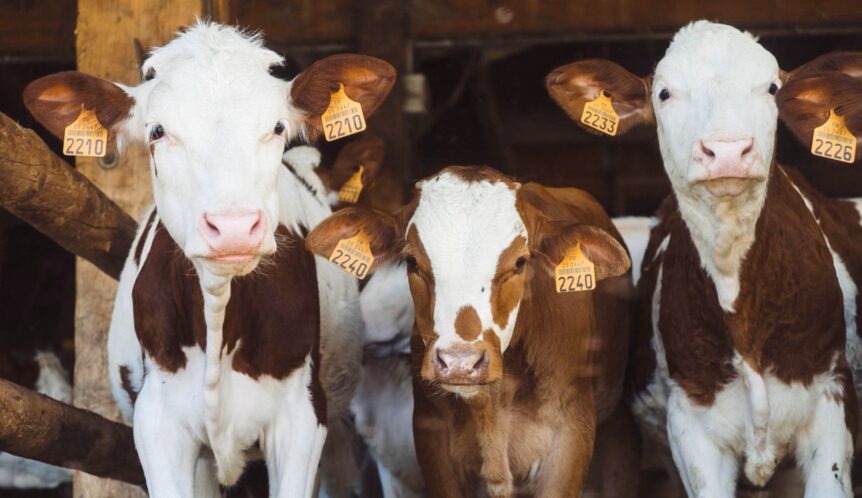In collaboration with Envinn, Swedish University of Agricultural Sciences (SLU), Skånefrö and Hushållningssällskapet Sjuhärad, Meva Energy is part of a feasibility study focused on using biochar as a feed additive for cattle. This project aims to understand biochar’s unique properties to increase animal health and reduce methane emissions.
With agriculture responsible for around 14% of Sweden’s greenhouse gas emissions and cattle digestion alone contributing to approximately 3.3 million tons of CO₂ equivalents, this study addresses a critical knowledge gap regarding biochar’s effects in animal husbandry. The project financed by Agtech 2030 aims to bring together biochar producers, the agricultural industry, and researchers in a preliminary study. The goal is to understand biochar’s potential to mitigate methane emissions and create conditions for carrying out further measurable studies with biochar as feed additive.
Biochar, a carbon-rich material produced from biomass through processes like pyrolysis or biomass gasification, holds promise for sustainable agricultural practices. The properties of biochar can vary based on the type of biomass used and the specific conditions during production, such as temperature and residence time in the gasification process. This allows biochar to be utilized for a wide range of applications, contributing to several environmental benefits.
The potential of biochar in agriculture
Traditionally recognized for its ability to enhance soil health and moisture retention, biochar has recently gained attention for its potential applications in animal nutrition. Previous studies shows that incorporating biochar into cattle diets can significantly improve digestive efficiency, leading to healthier livestock and reduced methane emissions. Studies shows that biochar can provide multiple benefits, such as improved nutrient absorption, reduced gastrointestinal issues, and lower disease rates among livestock. Additionally, biochar in manure management has demonstrated reduced odours and minimized methane emissions from manure piles. This application enables biochar’s positive effects not only on animal health but also on soil health in agricultural land, thereby contributing to a carbon sink.
As both initiator and biochar supplier, Meva Energy plays a key role in the project.
“The reason why Meva Energy initiated the project is that we, as a biochar producer, want to understand more about the climate benefits and additional opportunities this product can offer. We also see that the project can contribute to increase knowledge and create interest around this issue. It feels exciting that the collaboration has now begun and now in November the entire project group will gather with us at Meva to exchange knowledge and kick off the project”, says Sara Palander, Sustainability Manager at Meva Energy.
Previous studies:
Schmidt H-P, Hagemann N, Draper K, Kammann C. 2019. The use of biochar in animal feeding. PeerJ 7:e7373DOI 10.7717/peerj.7373
For more information, please contact:
Elsa Kayser, Communications Officer, elsa.kayser@mevaenergy.com

